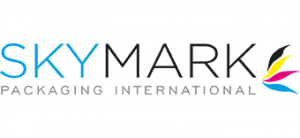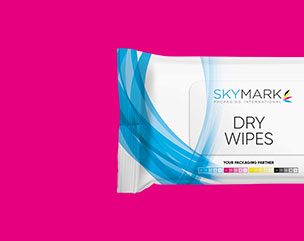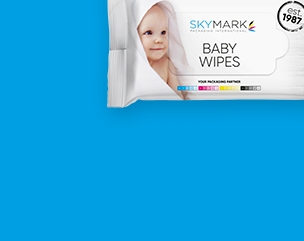A New Horizon for Sustainable Packaging
In the current environmental and economic landscape, the issue of plastic waste has taken centre stage. Governments, businesses, and consumers alike are grappling with the challenge of reducing plastic waste and promoting sustainable practices. One such initiative is the Plastic Packaging Tax (PPT), introduced by HM Revenue and Customs (HMRC). Recently, HMRC has proposed a significant change to this tax – the use of a mass balance approach to account for chemically recycled content in plastic packaging.
The mass balance approach is a method of accounting where the input and output of a process are balanced, and the properties of the input are allocated to the output products. In the context of PPT, this approach would allow businesses to account for the chemically recycled content in their plastic packaging, potentially reducing their tax liability.
The HMRC consultation document outlines the potential implications of this approach. The primary aim is to incentivize the use of chemically recycled plastics, thereby reducing the environmental impact of plastic waste. This could stimulate growth and investment in the emerging sector of chemical recycling, leading to economic development and job creation. However, the proposal is not without its challenges. Implementing a mass balance approach could introduce additional administrative burdens for businesses, requiring them to become certified and provide evidence of the recycled content in their products.
The mass balance approach presents both opportunities and challenges. On the positive side, it could drive the demand for chemically recycled plastic, promote investment in the recycling sector, and enable businesses to reduce their PPT liability. However, it could also introduce additional administrative burdens, create verification challenges, and potentially open the door to misleading environmental claims.
In analyzing these points, it becomes clear that the success of the mass balance approach will largely depend on its implementation. The potential benefits are significant, but they must be balanced against the potential drawbacks. Clear guidelines, robust verification processes, and effective enforcement will be crucial to ensure the integrity of the system and prevent misuse.
Looking ahead, the mass balance approach could represent a significant step forward in the quest for sustainable packaging. However, it is just one piece of the puzzle. Achieving a circular economy for plastics will require a multi-faceted approach, involving not only innovative taxation measures but also advancements in recycling technology, changes in consumer behavior, and global cooperation.
As we reflect on the potential of the mass balance approach, it is clear that this is a complex and evolving issue. The HMRC consultation is an important part of the process, providing an opportunity for stakeholders to contribute their views and help shape the future of the PPT. As the consultation progresses, it will be fascinating to see how this proposal develops and what impact it could have on the future of plastic packaging.







